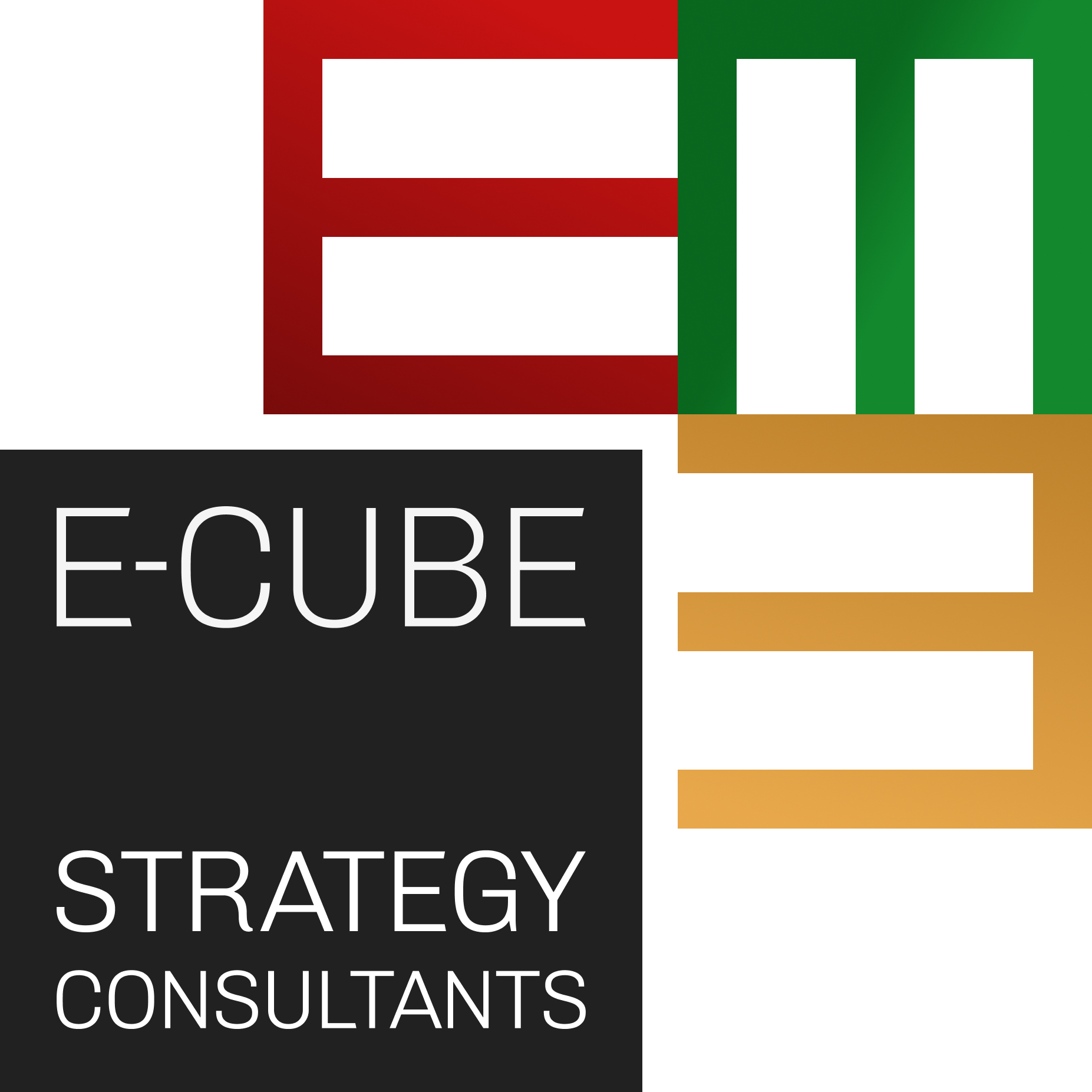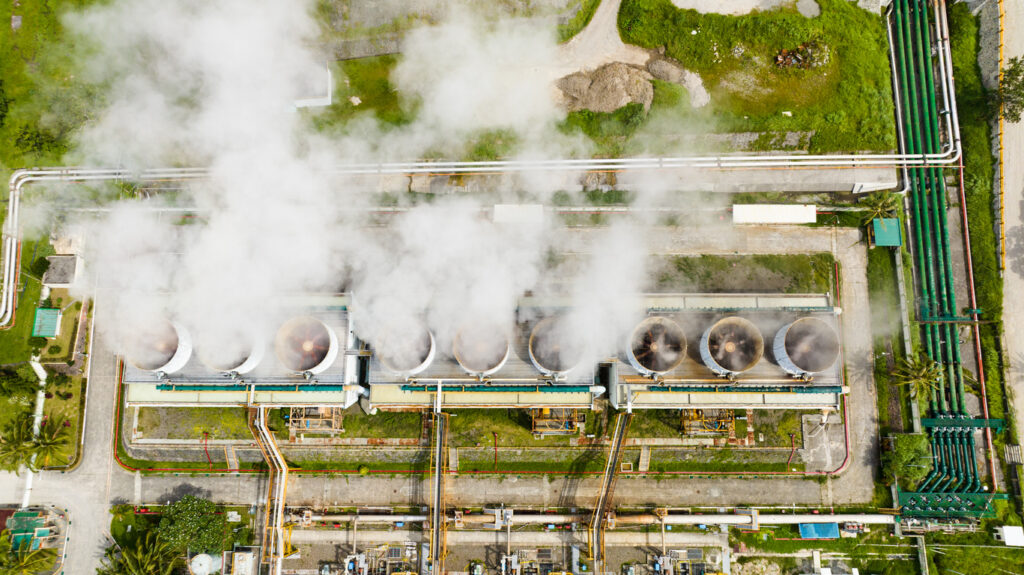Renewable heat, long considered the neglected aspect of energy policy, is now receiving significant attention. While the SFEC aims to increase decarbonised electricity production by 10% by 2030 and 55% by 2050, the goal is to double low-carbon heat production by 2035.
In 2024, renewable heat experienced strong momentum, particularly in France, as demonstrated by:
- Strategic reflections on solutions to implement, including the initiation of studies on industrial heat decarbonisation in the first low-carbon industrial zones (ZIBaC), where E-CUBE played an active role in the Fos-sur-Mer project.
- The deployment of new technical solutions, such as the permit request for installing a Jimmy Energy reactor to supply heat to the Cristal Union sugar cooperative.
Internationally, similar dynamics were observed, including:
- Significant fundraising initiatives, such as InfraVia’s majority acquisition of Kyotherm, for which E-CUBE acted as a commercial and strategic advisor.
- The confirmation of a European consensus on geothermal energy, with its development supported by Member States at the European Council level.
However, setbacks such as declining heat pump sales in France and Europe, coupled with uncertainty surrounding the funding of key mechanisms (e.g., heat funds), underline the need for sustained support to maintain this momentum.
E-CUBE will closely monitor the development of innovative solutions for heat decarbonisation, both contractual and technical. These include:
- Heat recovery solutions, particularly from data centres.
- The awaited decision from the GHG Protocol regarding the recognition of direct biomethane purchase agreements (BPA).
- Electrothermal storage solutions (power-to-heat) for industrial applications or district heating networks, which are entering an era where wood-biomass solutions, historically prioritised, are now seen as fallback options rather than primary ones.
By focusing on these developments, renewable heat can further contribute to achieving decarbonisation targets and addressing Europe’s energy challenges.
E-CUBE has developed strong expertise in renewable heat through its recent projects and the experience of its consultants. We would be delighted to discuss these market perspectives and opportunities with you. Feel free to contact our experts below to arrange a discussion on the topic.







